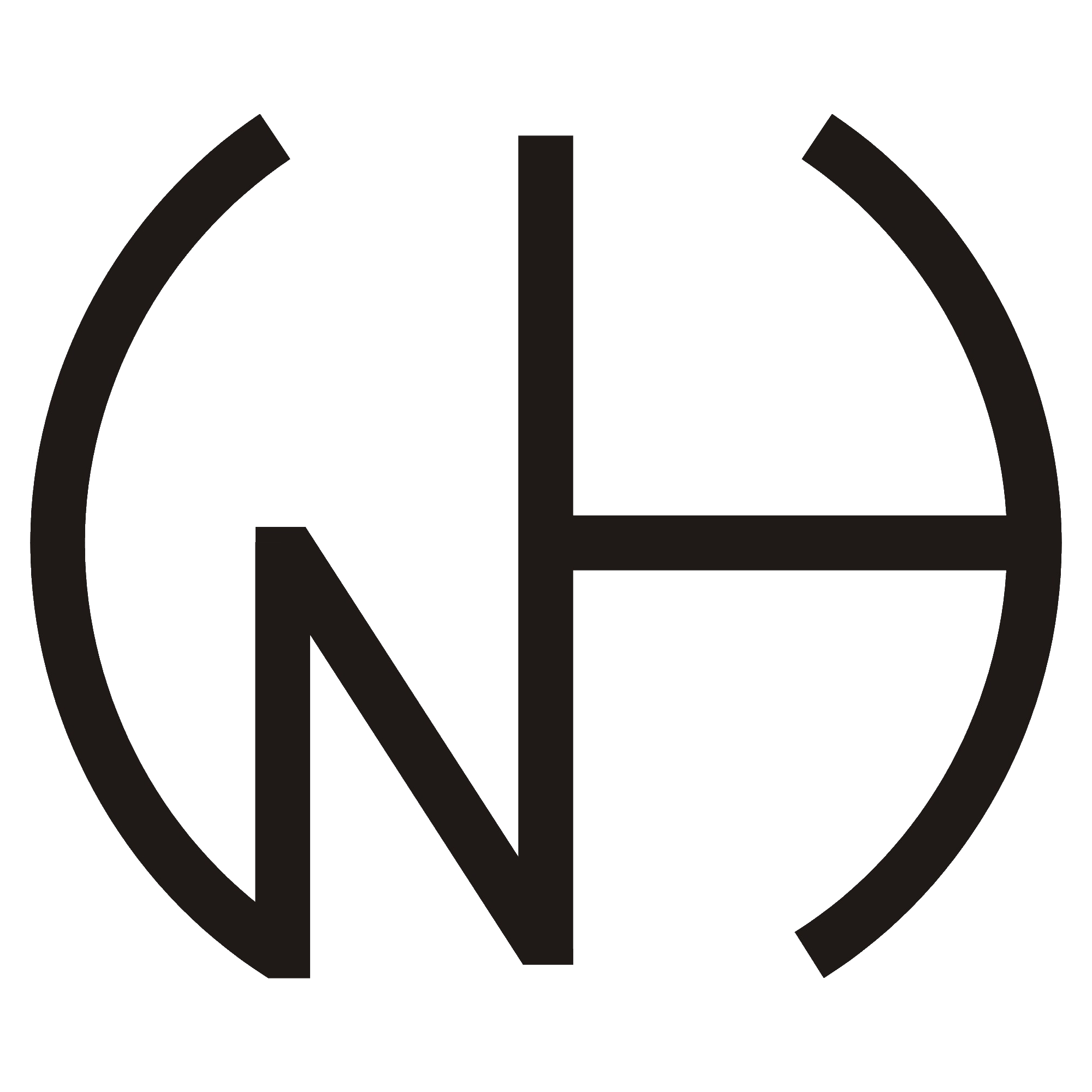There is no past or future,
only the present.
And time doesn’t exist the way we think it does.
-Kirk Sutherland (paraphrase): Coronation Street
In an interesting set of coincidences, as I have been working on this month’s entry, the above quote was uttered on my favourite soap opera, Coronation Street. Ironically, it was said by a character not known for his great intellect, Kirk Sutherland. Also in the past few weeks I came across an article in The Conversation Published September 24, 2025 entitled Space-time doesn’t exist — but it’s a useful framework for understanding our reality, by Daryl Janzen. https://theconversation.com/space-time-doesnt-exist-but-its-a-useful-framework-for-understanding-our-reality-265952
In the article Janzen says very much what I intended to say, but expresses it much more eloquently. What he says, and I agree, is that it is a mistake to think of time as a dimension like the three physical dimensions. As he puts it, the intersection of a point in time and a point specified by the three spatial dimensions is an event, not a location. The concept of space-time as a 4 dimensional counterpart to ‘regular’ 3 dimensional space is misleading. An event in the past is not ‘somewhere’ that we can go visit. Space-time can be thought of as a map of events in time and space. It is a way of organizing events, but it is not something through which we can travel. We travel through time not by moving, but by continuing to exist while we and the universe around us change. It is a convenient mathematical construct that should not be confused with something with physical existence.
Some of the commentary that accompanies Janzen’s article is quite heated and there are people on both sides who have a much deeper background on the topic than I, but I think that he is quite convincing in his approach.
Leaving aside the article, I believe that such a system of mapping can be thought of along the same lines as a graph of temperature on the earth’s surface at a given point time. The graph can be used to convey and organize information, and even to derive certain additional data such as heat flow, weather predictions, etc. The temperature coordinate is not a physical coordinate like latitude and longitude but it can be treated as one for certain purposes.
I am not suggesting that time doesn’t exist. As a realist I would suggest that time clearly is something. It seems to be closely connected with movement and change. The fact that two similar pendulums can continue to swing in unison suggests that there is something underlying the idea that there is a period of time that is the same for both of them. It is the phenomena of change and motion that gives rise to our experience of time. If everything suddenly froze, including whatever is occurring in our mind, then there would be no evidence of time. How would we know that this hasn’t happened, that ‘time’ stopped and restarted. What would that even mean?
I think there are a lot of reasons why the idea of past and future events being locations that we could potentially visit is appealing. Who has not, at one time, wished that they could travel to a past event an redo some action that led to a bad outcome? Many of us are curious and would like to visit the past and future to learn about them. There are countless enjoyable science fiction and fantasy stories about time travel that capture our imagination.
Like Janzen, and Sutherland, I believe that only the present exists. The present could just be called the universe, or reality. Reality is capable of change and our experience of time arises when we look at the changes that occur in reality. The tenses that we use (I was, I am, I will be) reflect a deep concept of time. Only the present exists. The past existed and the future will exist.
Our perception of a past that no longer exists is a product of memories. They are a trace of the past like footprints and other marks of the past. Somehow our mind works in such a way that we can access memories in a way similar to how we access the present via our senses. This makes the past seem to be qualitatively similar to the present. When we are aware of the past using our faculty of memory it seems very much like the present, but our memories don’t exist in the past. Like everything that exists, they exist in the present. In the same vein, our imagination allows us to imagine the future in a similar manner. If we have a very vivid imagination, possible futures might also seem almost as real as the present. It is these facts about memory, senses and imagination that give rise to the misconception that past, present and future all exist equally. As we acquire new memories we have an experience of traveling from the past of our memories into the present of our senses and towards a future that we can imagine.
Wayne
October 2025

Recent Comments